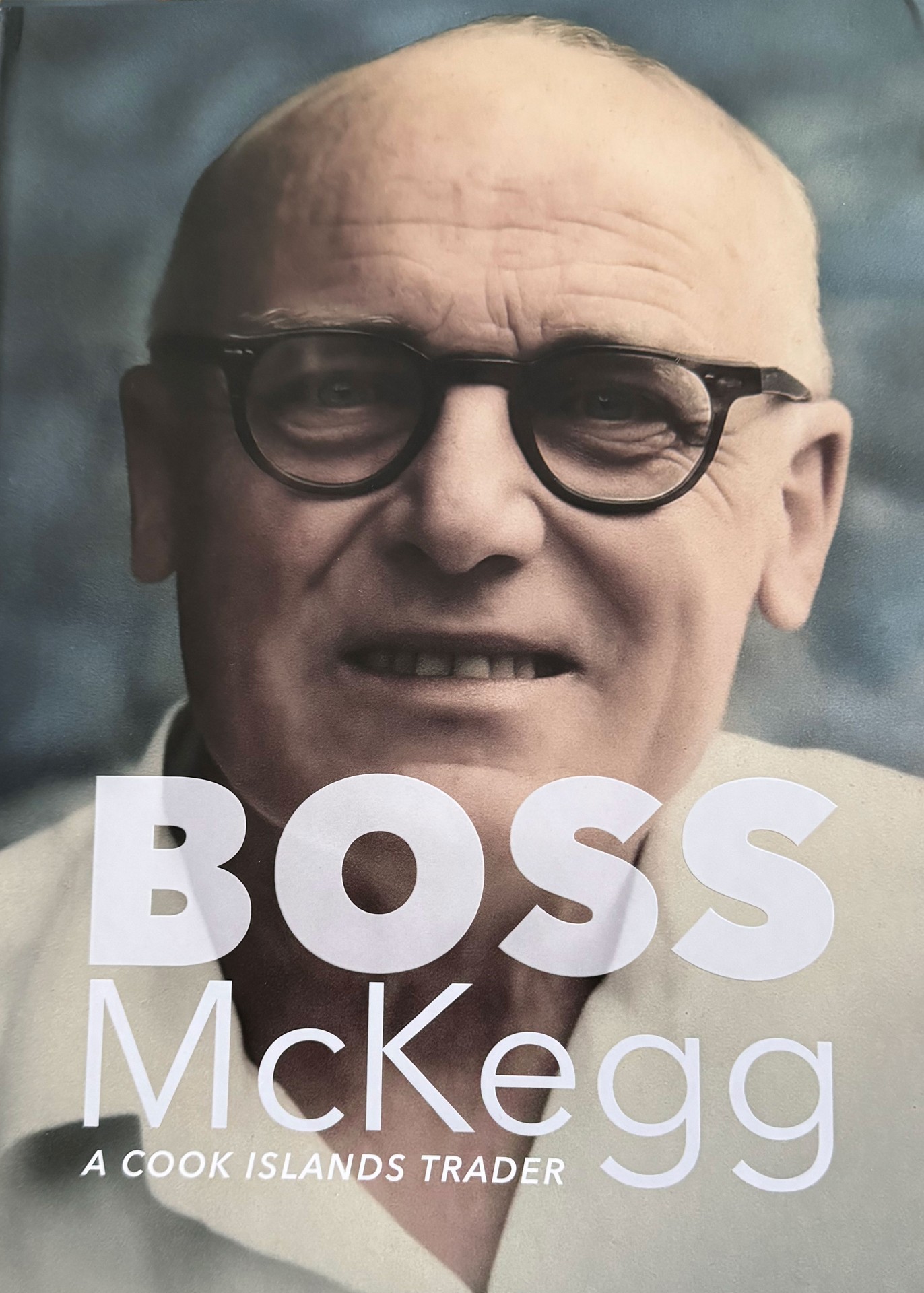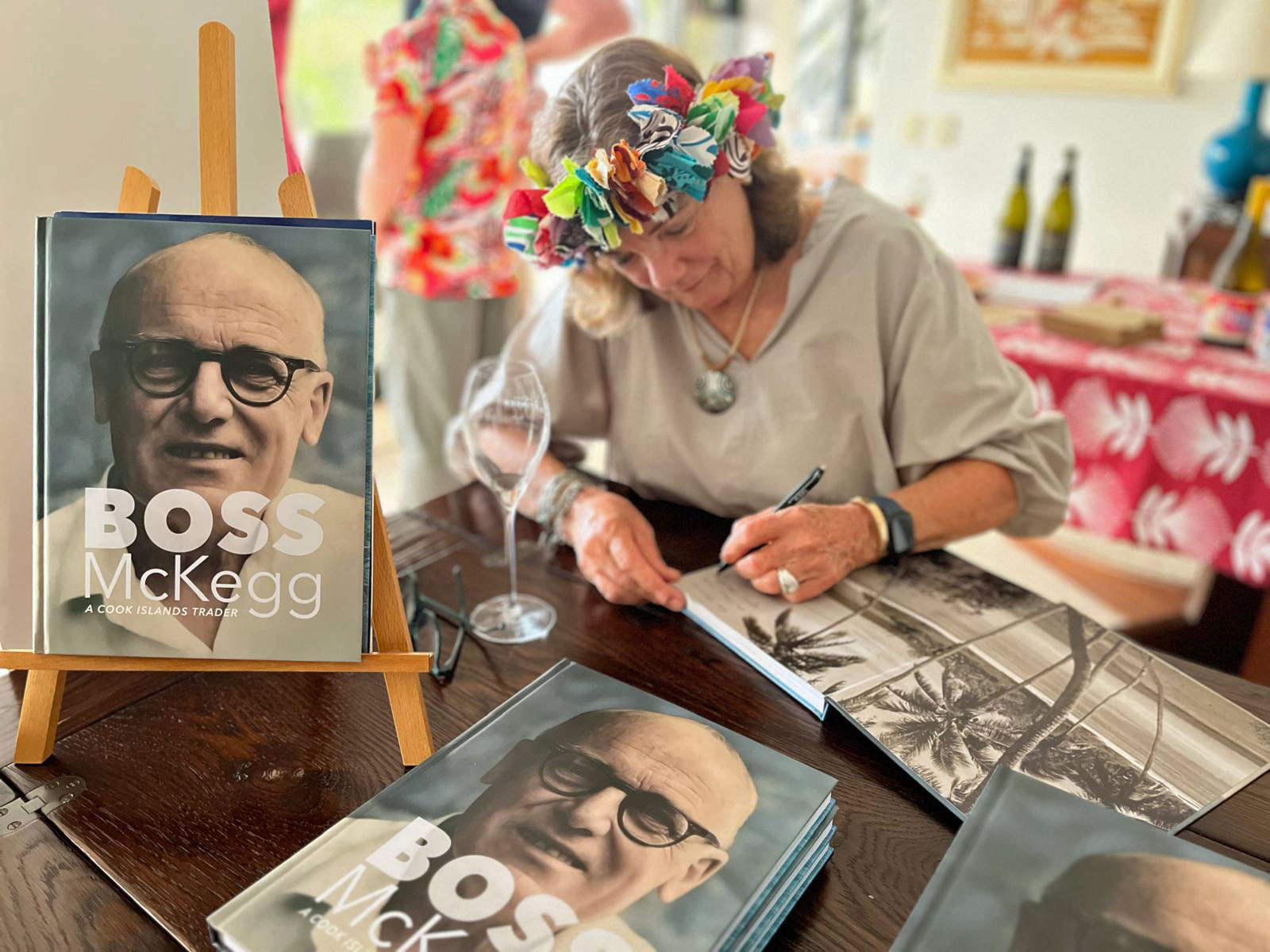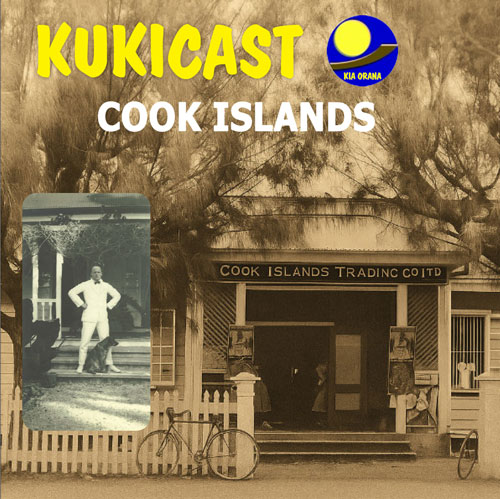
This is Robert McKegg who founded the biggest and most prominent store on Rarotonga and whose remarkable story is intertwined with the early modern history of the Cook Islands. He was known simply as "Boss" and his granddaughter, Adriane Swinburn is sharing an insight into his remarkable life thanks to a treasure trove of family photos, documents and letters which she's turned into a new book. The Cook Islands Trading Company - CITC - has been part of the nation's life for more than 100 years and just like the nation, Boss's story is full of ups and downs









